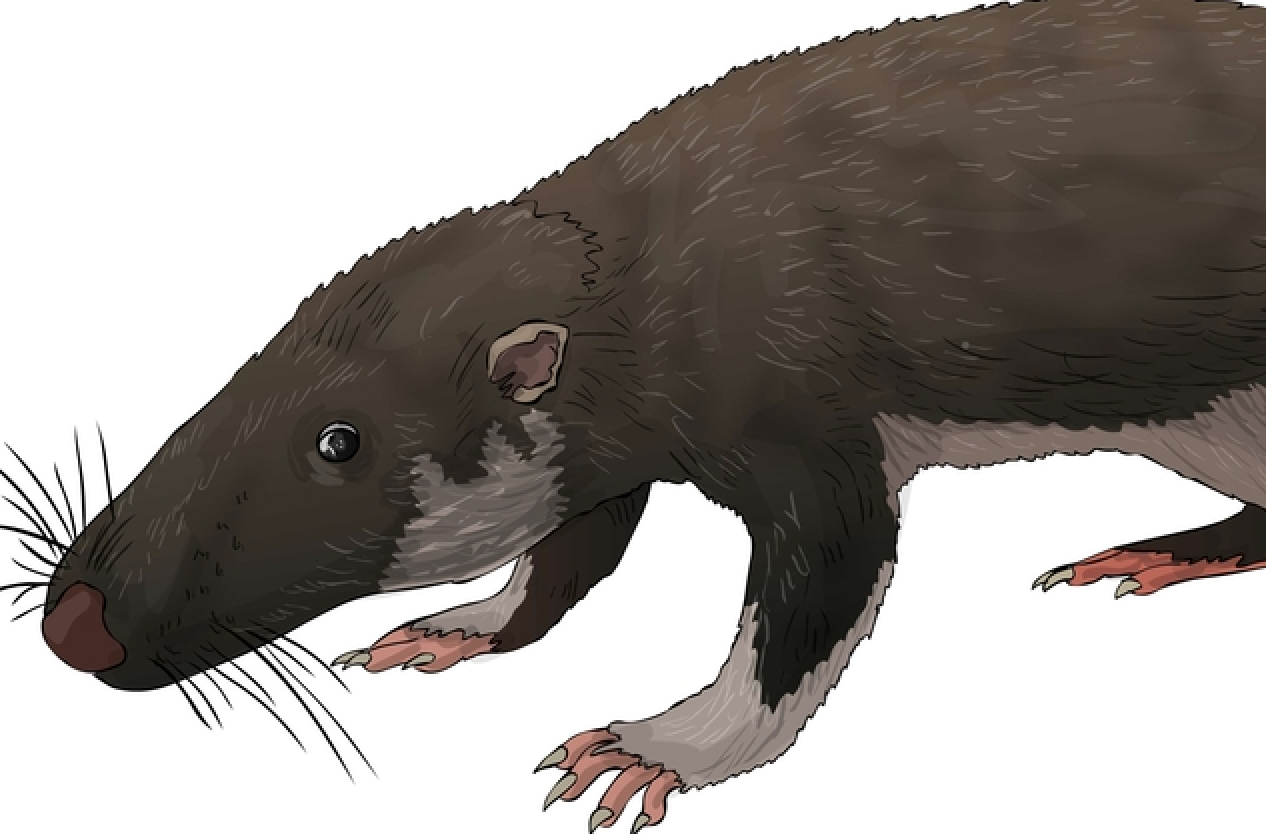Now Reading: Scientists Debate Earth’s First Mammal: Morganucodon or Brasilodon?
-
01
Scientists Debate Earth’s First Mammal: Morganucodon or Brasilodon?
Scientists Debate Earth’s First Mammal: Morganucodon or Brasilodon?

Quick Summary
- First Mammal Debate: Experts generally agree that the first mammal was Morganucodon, a shrew-like rodent from the Jurassic Period, around 200 million years ago. It weighed a few ounces, had acute hearing, and likely ate insects.
- Choice Candidate: Some researchers argue that Brasilodon,which lived 225 million years ago in modern-day Brazil and had traits like diphyodont (two sets of teeth) replacement seen in current mammals,might predate Morganucodon as the first mammal.
- Key Mammalian Traits: Mammals are characterized by fur,mammary glands for feeding young,live births (mostly),extra replacement teeth sets,and unique jaw structure. Early mammals showed transitional features rather than fully modern traits.
- Global Distribution: Fossils of Morganucodon have been found in Wales (UK), parts of europe, North America, and China. Brasilodon fossils originate in Brazil.
- Evolutionary Growth: Diversification of mammals began around 66 million years ago after non-avian dinosaurs went extinct.Early mammals were small insectivores before branching into unique species such as marsupials (Australia), placental mammals elsewhere, whales, bats, primates-and eventually humans.
Image included:
Mesozoic era diagram with Morganucodon. (Image Credit: TimeLineArtist/Shutterstock)
Indian Opinion Analysis
The ongoing debate over the identity of EarthS earliest mammal highlights how scientific advancements can challenge established theories through newer evidence-such as dental evolution seen with Brasilodon. This level of inquiry underscores humanity’s quest to understand its evolutionary past.
For India specifically-home to rich fossil discoveries like those at Rajasthan’s Jaisalmer Basin or Madhya Pradesh’s Satpura range-the study reinforces the importance of maintaining investment in paleontological research to contribute uniquely local insights into global debates on life’s origins. Evolution studies also inspire curiosity about early biodiversity within India’s prehistoric record during pivotal transitions such as when Gondwana split apart.
Globally contextual yet foundationally rooted science can foster cross-border collaboration crucial for understanding shared history across continents-and even underscore values embedded within philosophical traditions celebrating interconnectedness between life forms.






















